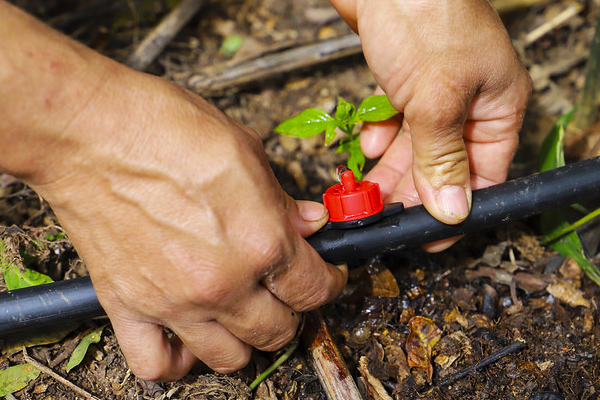Related pages
Links
- Hand-in-Hand Initiative
- International Year of Artisanal Fisheries and Aquaculture 2022
- International Year of Fruits and Vegetables 2021
- The Food Systems Summit
- SDG Indicators Data Portal
- FAOSTAT
- Frente Parlamentario contra el hambre de América Latina y el Caribe
- Flickr Gallery
- The Community of Latin America and Caribbean States

